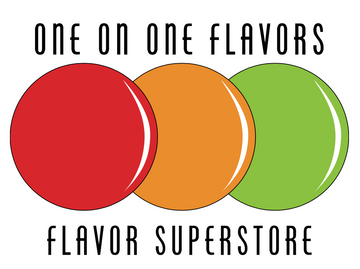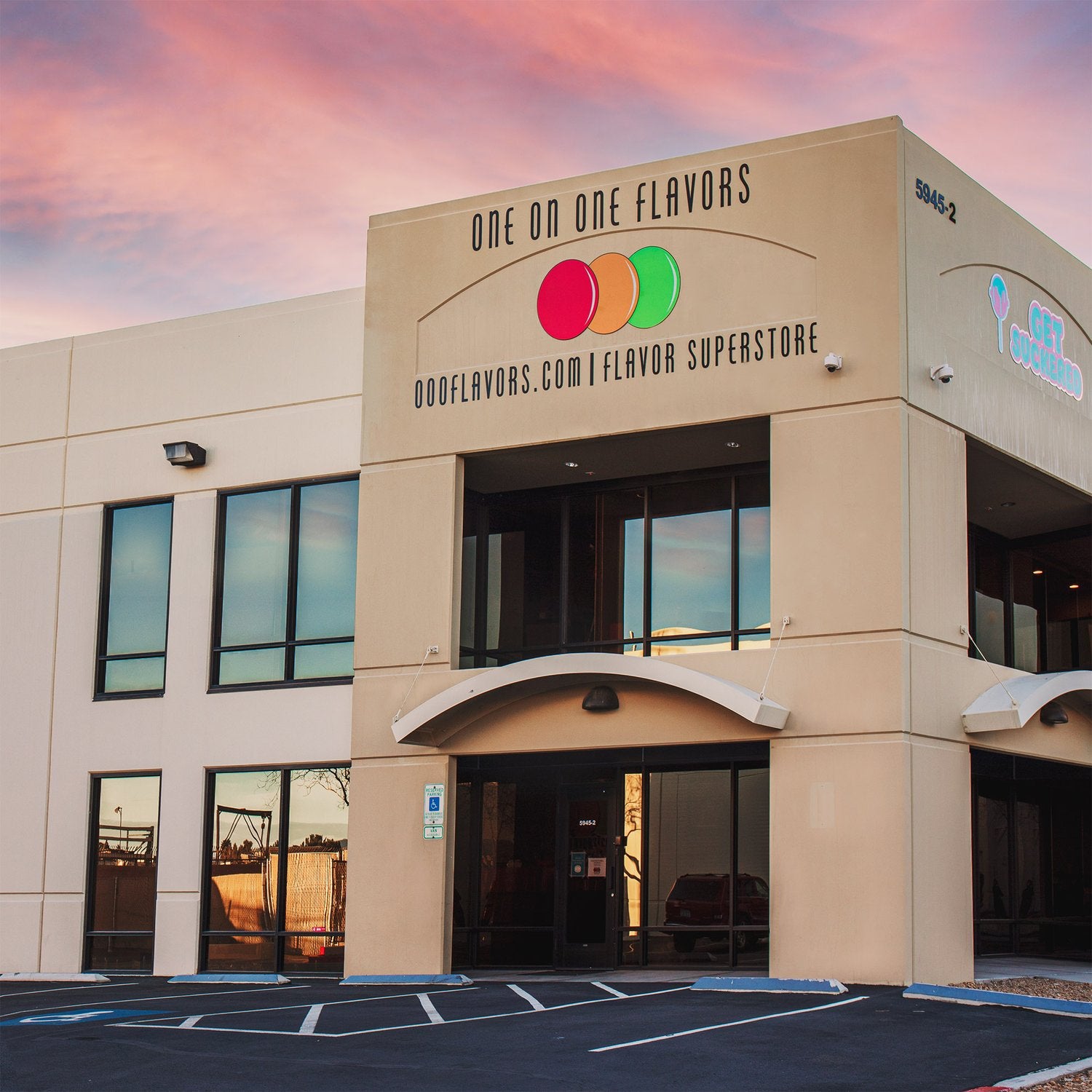Sweeteners are a staple in many recipes, from beverages to baked goods. While natural sweeteners like honey and sugar have been widely used for centuries, artificial sweeteners have gained popularity due to their low-calorie, sugar-free benefits. Artificially flavored sweeteners provide the same sweet taste without the extra sugar, making them an excellent alternative for those looking to reduce their sugar intake.
Here’s a closer look at the advantages of using artificially flavored sweeteners and why they are an excellent choice for various dietary needs.
1. Low-Calorie and Sugar-Free
One of the biggest advantages of artificial sweeteners is that they contain little to no calories while still providing a sweet taste. Unlike regular sugar, which can add significant calories to your diet, artificially flavored sweeteners help reduce calorie intake without compromising flavor.
Benefits:
- Ideal for those looking to manage weight
- Reduces excess sugar consumption
- Supports a balanced and healthier diet
🔹 Try It: Use sugar-free flavor concentrates like Cotton Candy Flavoring to add sweetness without sugar.
2. Suitable for Diabetics and Low-Carb Diets
For individuals managing diabetes or following a low-carb diet, artificial sweeteners provide a way to enjoy sweetness without spiking blood sugar levels. Since most artificial sweeteners do not affect glucose levels, they allow for safe consumption without disrupting insulin balance.
Benefits:
- Helps manage blood sugar levels
- Provides a sugar-free alternative for desserts and beverages
- Works well in low-carb and ketogenic recipes
🔹 Try It: Enhance low-carb baked goods with Vanilla Bean Flavoring for a naturally sweet and rich taste.
3. Enhances Flavor Without Changing Texture
Artificially flavored sweeteners allow you to enhance desserts, drinks, and snacks without altering their texture or consistency. Unlike sugar, which affects moisture content and caramelization, sugar-free alternatives help maintain the original structure of a recipe.
Best Uses:
- Baking (cookies, cakes, muffins)
- Beverages (coffee, tea, cocktails)
- Sugar-free candies and gummies
🔹 Try It: Add Strawberry Flavoring to sugar-free ice cream or yogurt for a fruity boost.
4. Long Shelf Life and Stability
Artificially flavored sweeteners typically have a longer shelf life compared to natural sweeteners. They are also more stable under heat and acidic conditions, making them an ideal choice for baking and cooking.
Benefits:
- Does not spoil as quickly as natural sugar
- Retains flavor even when exposed to high temperatures
- Maintains sweetness over time
🔹 Try It: Use heat-stable sweeteners in sugar-free hard candies or caramel-flavored baked goods with Caramel Flavoring.
5. Versatile in a Wide Range of Applications
Artificially flavored sweeteners are incredibly versatile, working well in everything from beverages to candy making. Whether you need a sweet, fruity, or creamy flavor, these sweeteners allow for endless customization.
Popular Applications:
- Smoothies and Protein Shakes – Adds flavor without excess sugar
- Sugar-Free Jams and Spreads – Maintains sweetness without added carbs
- Keto Desserts – Helps replicate traditional flavors while staying sugar-free
🔹 Try It: Make sugar-free chocolate desserts with Chocolate Fudge Flavoring for a rich, indulgent taste.
6. Ideal for Those with Dietary Restrictions
For individuals with dietary restrictions, such as gluten-free, keto, or vegan diets, artificially flavored sweeteners provide an option that meets specific dietary needs without sacrificing taste.
Benefits:
- Gluten-free and safe for those with gluten sensitivities
- Works well in low-carb, keto, and diabetic-friendly recipes
- Provides sweetness without animal-derived ingredients, making it suitable for vegans
🔹 Try It: Create sugar-free, keto-friendly drinks using Mango Flavoring for a tropical twist.
7. Cost-Effective Alternative to Natural Sweeteners
Artificial sweeteners and sugar-free flavor concentrates are often more cost-effective than natural sweeteners. A small amount of concentrated flavoring can go a long way, reducing the need for large quantities of ingredients.
Benefits:
- Requires less product for the same sweetness level
- More affordable than honey, maple syrup, or agave
- Reduces ingredient waste
🔹 Try It: Use Blueberry Flavoring in sugar-free jams and baked goods to cut down on fruit costs.
Why Choose OOOFlavors for Artificially Flavored Sweeteners?
OOOFlavors offers a wide range of sugar-free, high-quality flavor concentrates designed for baking, beverages, and more.
✔ No Added Sugar – Perfect for diabetic, keto, and low-carb diets
✔ Highly Concentrated – A little goes a long way for intense flavor
✔ Versatile – Works in baking, cooking, and beverages
✔ Heat-Stable – Retains flavor even in high-temperature recipes
For those looking to enhance their favorite recipes without sugar, explore our full collection of flavor concentrates to find the perfect match.
Final Thoughts
Artificially flavored sweeteners provide a low-calorie, sugar-free solution for enhancing food and beverages. Whether you are following a low-carb lifestyle, managing blood sugar levels, or looking for a sugar-free alternative, these sweeteners offer a versatile and flavorful option.
For the best sugar-free flavors, try OOOFlavors Flavor Concentrates and create bold, delicious recipes without added sugar.

